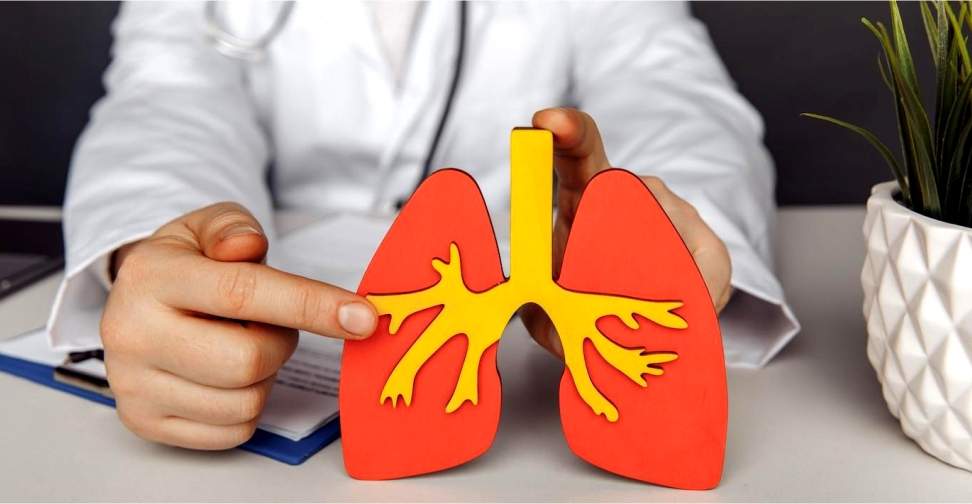Our Services


Navigating the Dynamics of Pleural Effusion
Pleural effusion is a medical condition characterized by the accumulation of excess fluid in the pleural cavity, the space between the two layers of the thin membrane (pleura) that surrounds the lungs. This condition can cause breathing difficulties and discomfort, and it can be a symptom of an underlying medical issue.
- Causes:
- Congestive Heart Failure: Fluid may accumulate due to heart-related problems.
- Infections: Conditions like pneumonia or tuberculosis can lead to effusion.
- Cancer: Both lung cancer and cancers affecting nearby organs can cause effusions.
- Kidney or Liver Disease: These conditions can disrupt fluid balance.
- Trauma: Injuries to the chest can damage blood vessels and lead to effusion.
- Symptoms:
- Shortness of breath
- Chest pain, especially while breathing or coughing
- Dry cough
- Fever or chills (if an infection is the cause)
- Reduced chest expansion

Treatment:
The approach to treating pleural effusion depends on its underlying cause and the severity of symptoms. Here are common treatment options:
- Thoracentesis:
A medical procedure where a healthcare professional uses a needle to drain the excess fluid from the pleural cavity. This can provide quick relief and help diagnose the cause.
- Medications:
Depending on the underlying condition, various medications may be prescribed, such as antibiotics for infections or diuretics for heart-related effusions.
- Treating the Underlying Condition:
Efforts are made to address the root cause, such as managing congestive heart failure, cancer treatment, or antibiotics for infections.
- Pleurodesis:
In cases where recurrent effusion is an issue, a procedure known as pleurodesis may be performed. This involves the introduction of a chemical or talc into the pleural space to induce scarring and prevent fluid accumulation.
- Surgery:
Surgical intervention may be necessary in some cases, particularly when pleural effusion is associated with structural problems, like tumors or damaged pleura.
- Supportive Care:
Managing symptoms and providing pain relief or oxygen therapy to improve breathing and comfort.
It’s crucial for individuals experiencing symptoms of pleural effusion to seek medical attention promptly. The appropriate treatment will depend on the specific diagnosis and individual patient needs, and it should be determined in consultation with a healthcare professional. Early intervention can often lead to better outcomes and improved quality of life for those with pleural effusion.

Any Questions find here.
A pulmonologist is a medical specialist who focuses on diagnosing and treating diseases and conditions related to the respiratory system. You should consult a pulmonologist if you have persistent breathing problems, chronic cough, chest pain, or a lung-related illness.
During your first visit, you can expect a thorough evaluation of your medical history, a physical examination, and potentially additional tests. Our pulmonologist will discuss your symptoms and develop a personalized treatment plan.
Yes, we are accepting new patients. Contact us to schedule an appointment and start your journey to better lung health.
In most cases, a referral is not required to see a pulmonologist. You can schedule an appointment directly with our clinic.
Get in Touch
Dr. Bhatt Chest Center
Hasthinapuram Central, Laxmi Narashima Puram Colony, Hastinapuram, Hyderabad, Telangana - 500 074.
Clinic Timings
Mon - Sat : 6pm to 9pm
Sunday Closed

